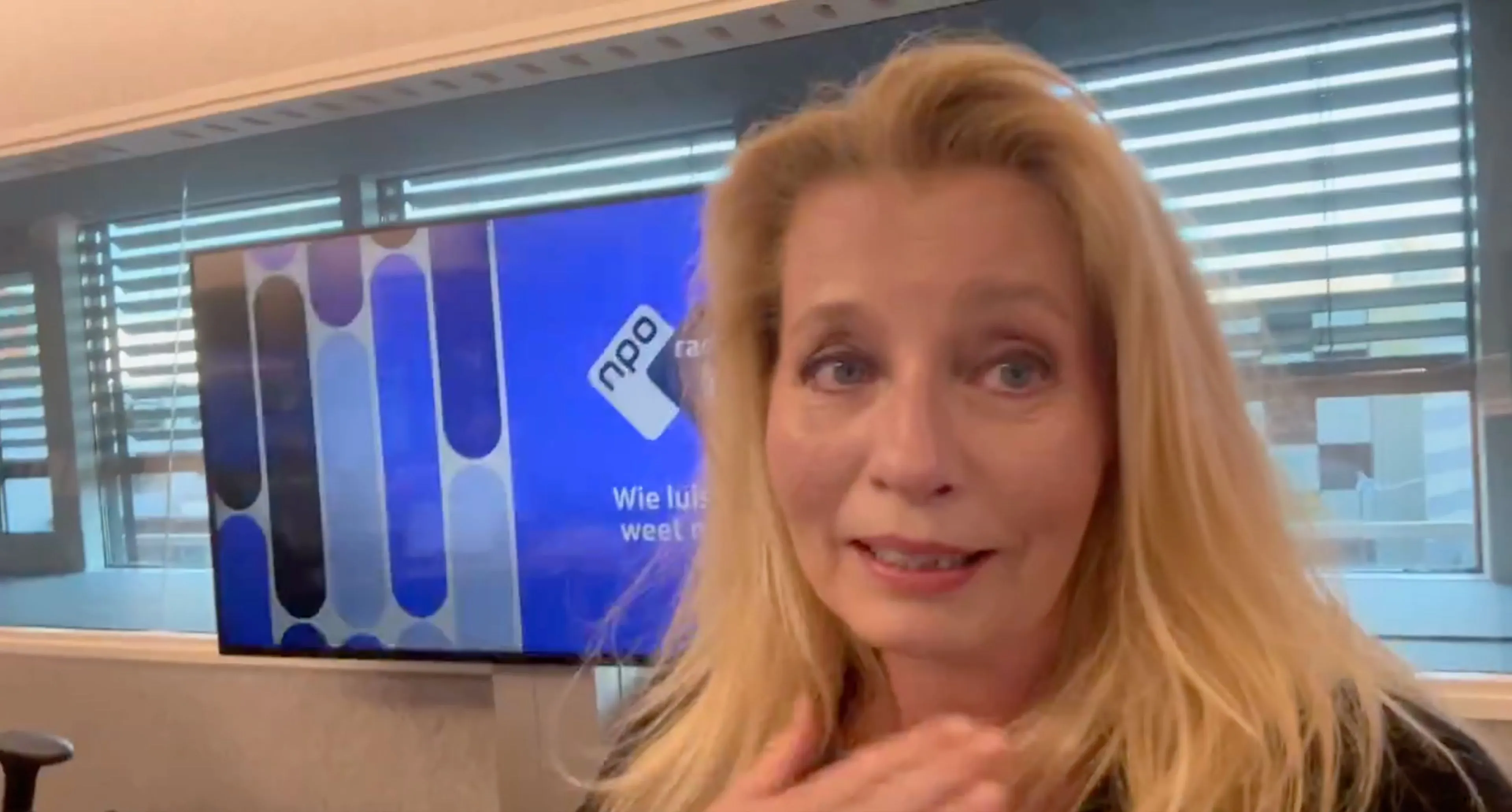Klimaatvoorlichting: spindoctoring en manipulatie

The corporate climate-change bandwagon, an unprecedented global scramble of money-grubbing and subsidy-seeking opportunists, shows no signs of ending. Whatever the failures and limitations of last weeks United Nations conference in Cancun, the prospect of cashing in on the idea of carbon-free energy has galvanized corporate players all over the world, generating a momentum that seems to have left the UN effort in the dust. The carbon targets proposed in the Kyoto Protocol may be too crazy for governments to adopt, but theyre just fine with all the banks, solar power firms, turbine makers, consultants, real estate speculators, regulatory manipulators, scammers and spinners who aim to make a killing off climate change. ...
To support its corporate strategy, Deutsche Bank recently went after climate change critics who might upset the gravy train of subsidies, regulation and FIT programs. David Henderson reports in Tuesdays FP Comment on the banks efforts to discredit skeptics.
In a report in September, titled Climate Change: Addressing the Major Skeptic Arguments, DB Climate Change Advisors commissioned scientists at the Columbia Climate Center at the Earth Institute of Columbia University to take down the work of such skeptics as Ross McKitrick of Guelph University. They picked the wrong skeptic to go after.
According to the Deutsche report, the U.S. National Academy of Sciences had investigated the hockey stick issue and rejected the claims of McIntyre and McKitrick and endorsed, with a few reservations, Mann et al.s work. The Deutsche report also claimed that another investigation into the hockey stick conducted by a team of statisticians headed by Edward Wegman, also concluded that the methodological errors in the original Mann et al. papers had no impact on the scientific conclusion. According to Deutsche Bank, the NAS and Wegman reports confirmed the soundness of the [Mann] research and concluded the primary conclusions were unaffected by any methodological problems.
All of this was too much for Prof. McKitrick. In his formal response to the Deutsche report, he wrote: In addition to misrepresenting the NAS findings, this is a wholly false misrepresentations of the findings of the Wegman report. Not only did the Deutsche document distort the process, it got the Wegman conclusions wrong. The Wegman committee actually said that the assessments that the decade of the 1990s was the hottest decade in a millennium and that 1998 was the hottest year in a millennium cannot be supported by the [Mann et al.] analysis.
In a second set of comments, Response to Revised Report from Deutsche Bank, Prof. McKitrick takes another critical whack at the Deutsche report. Among other things, Prof. McKitrick turns his attention to a direct attack on work. Attempts to reproduce the work of McIntyre and McKitrick, said the Deutsche paper, have shown their original claims to be largely spurious.
This is untrue, and Prof. McKitrick cites the Wegman review, which said: In general, we find the criticisms by [McKitrick and McIntyre] to be valid and their arguments to be compelling. We were able to reproduce their results and offer both theoretical explanations and simulations to verify that their observations were correct.
As Mr. Henderson puts it, the Deutsche report on climate skeptics has been rendered worthless as a guide to the science and for investors. It also betrays a larger issue, which is a corporate role on the part of Deutsche Bank that makes Exxon look like a Boy Scout.
Lees ook
Loading


